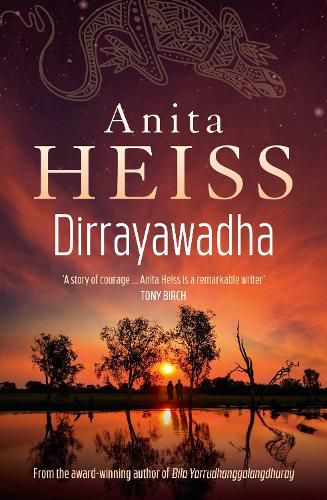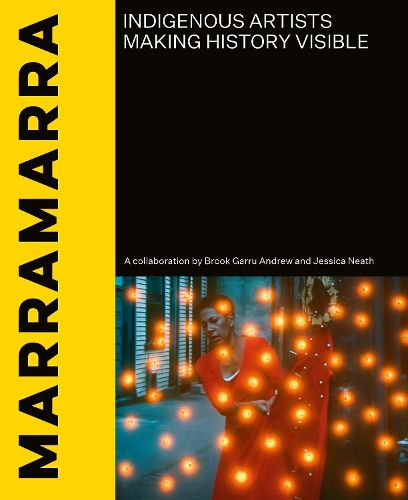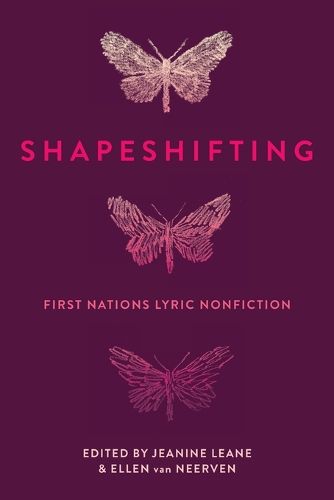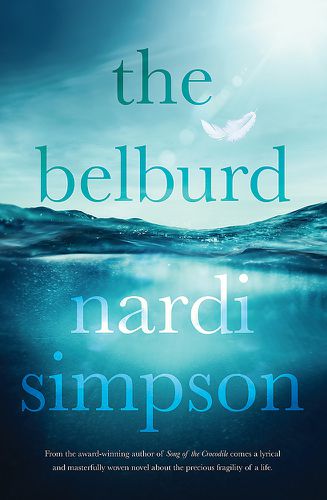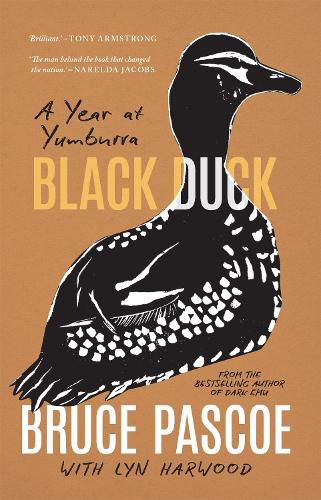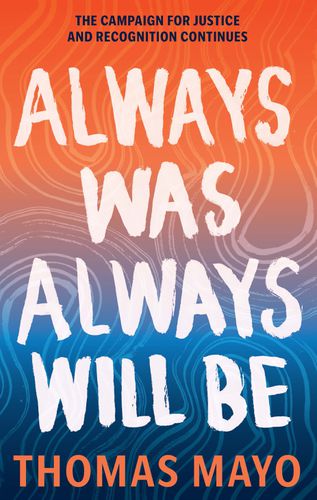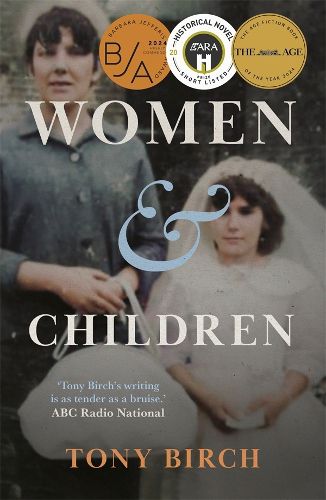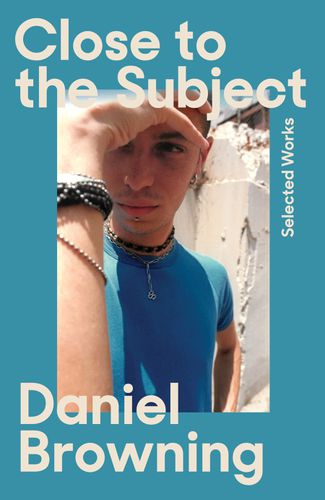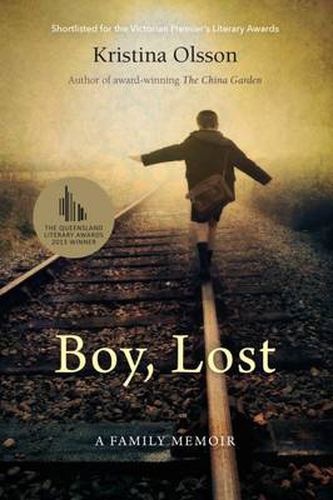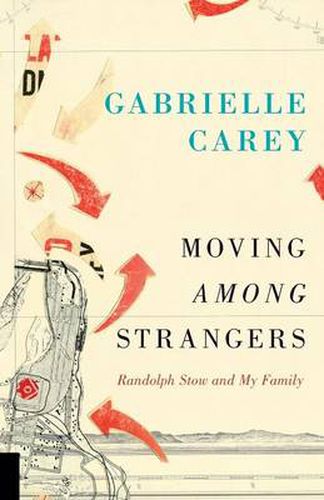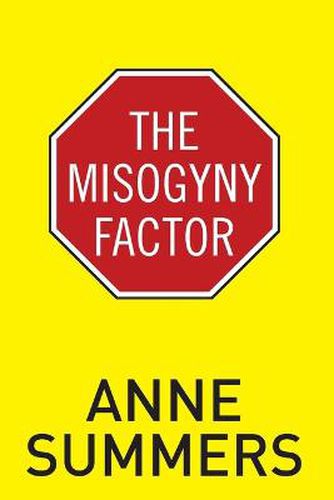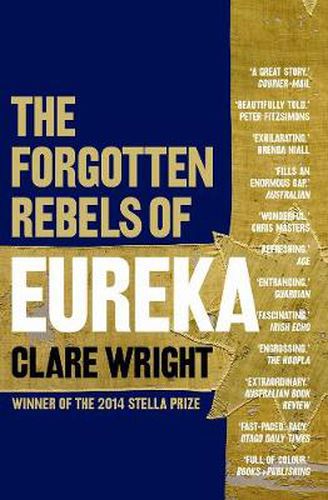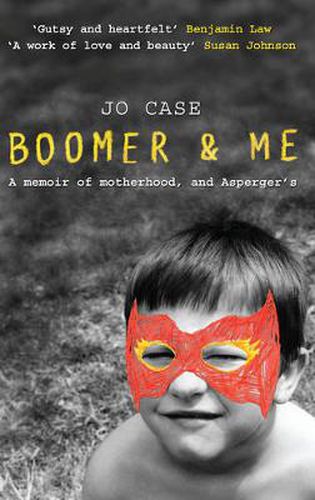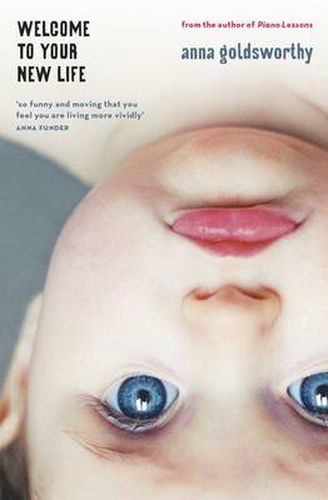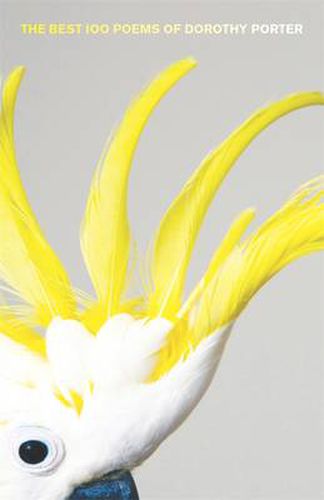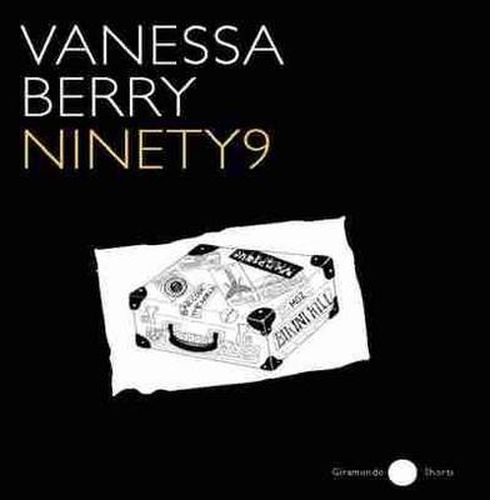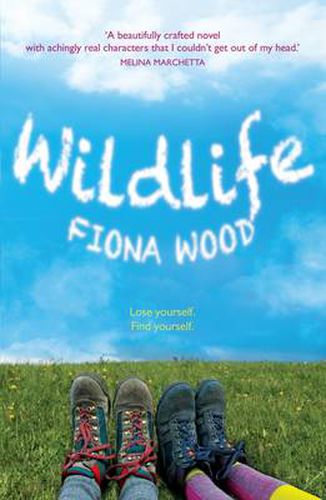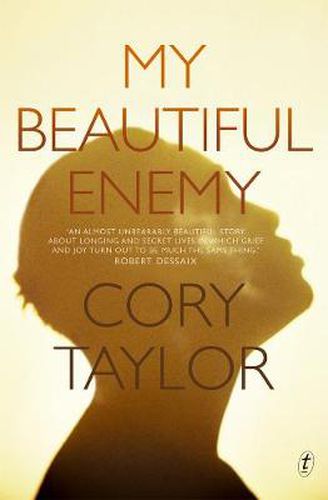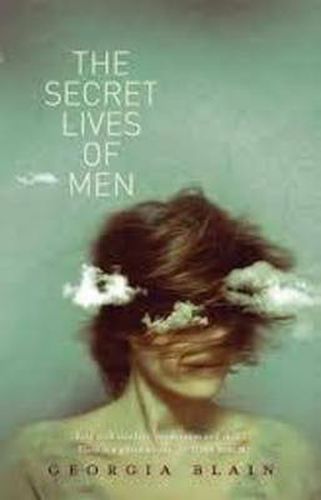Mullumbimby
Melissa Lucashenko
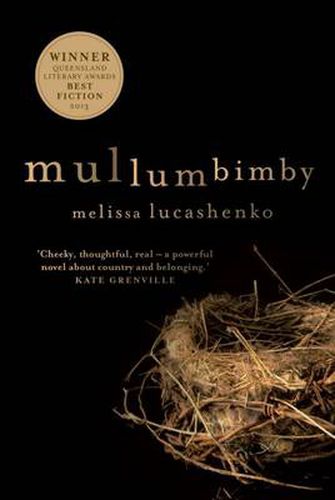
Mullumbimby
Melissa Lucashenko
A darkly funny novel of romantic love and cultural warfare.
When Jo Breen uses her divorce settlement to buy a neglected property in the Byron Bay hinterland, she is hoping for a tree change, and a blossoming connection to the land of her Aboriginal ancestors. What she discovers instead is sharp dissent from her teenage daughter Ellen, trouble brewing from unimpressed white neighbours, and a looming Native Title war among the local Bundjalung families. When Jo stumbles into love on one side of the Native Title divide she quickly learns that living on country is only part of the recipe for the Good Life.
Told with humour and a sharp satirical eye, Mullumbimby is a modern novel set against an ancient land.
Review
Amy Vuleta
Melissa Lucashenko’s latest novel depicts life as equal parts cheerful and heartbreaking, mundane and back-breakingly hard. Jo, recently divorced, moves to an old farm in the Byron Bay hinterland – the Bundjalung land of her ancestors. She is a strong, intelligent figure: sharp and funny, with a measured cynicism towards the hippies, tourists and tree-changers who people the area. The tone is richly descriptive, evoking the fierce sense of belonging that Jo feels now that she has returned to country.
A central theme of Mullumbimby is the duality of modern life. The novel depicts the conflict between urban cosmopolitanism and life on the land, between Indigenous and non-Indigenous people and between traditional and contemporary beliefs. This is mirrored in the parallel story of Twoboy and Laz, a couple of brothers who are pursuing a native title claim, single-mindedly trying to prove traditional ownership of their own ancestral lands.
In reading Mullumbimby, I had the distinct impression of a novel written for an Indigenous audience, first and foremost. As with all Aboriginal art, each viewer will take something different away from it, depending on their own experiences of life and the country in Australia. And so it is with this novel. Its slang and humour reminded me of the town of my North Queensland childhood, and the country described was that of more recent ambling drives between Brisbane and Lismore. At times I felt a cultural cringe at the colloquial and daggy expressions used, but I wonder whether this is the point. While the book is an exploration of ideas of Indigenous belonging and entitlement, I felt as I read that I was being prompted, challenged even, to think about my own place in Australia. Where do I come from? Where do I belong? To what am I entitled, and where do I truly call home?
This item is not currently in-stock. It can be ordered online and is expected to ship in 3-5 days
Our stock data is updated periodically, and availability may change throughout the day for in-demand items. Please call the relevant shop for the most current stock information. Prices are subject to change without notice.
Sign in or become a Readings Member to add this title to a wishlist.



